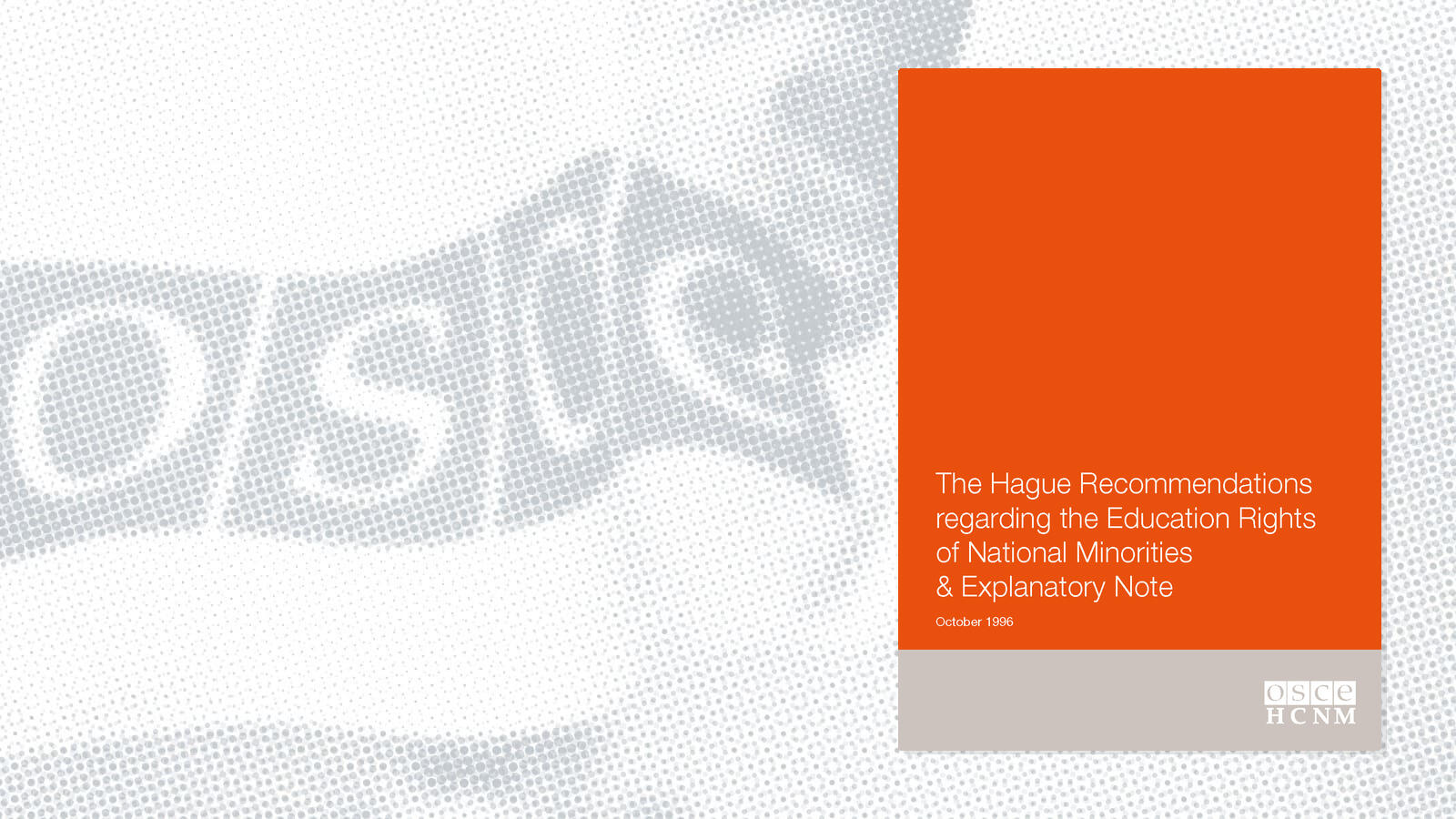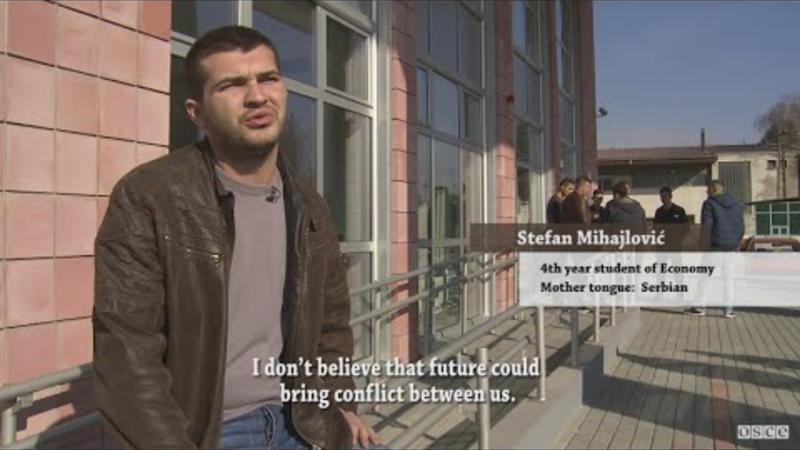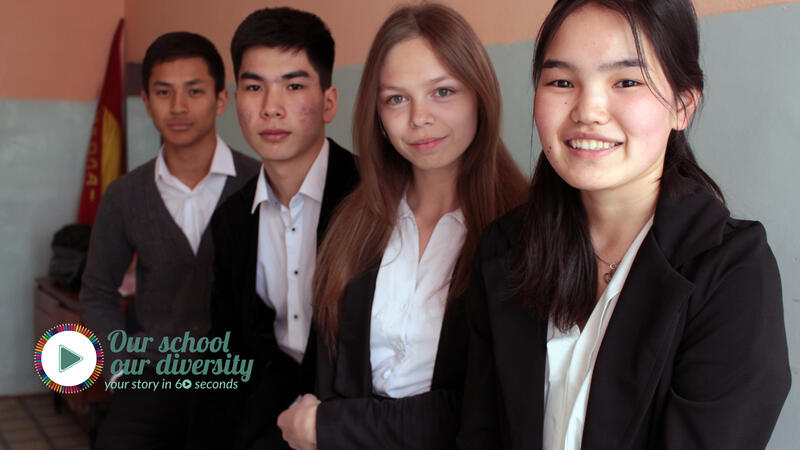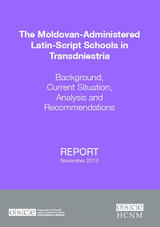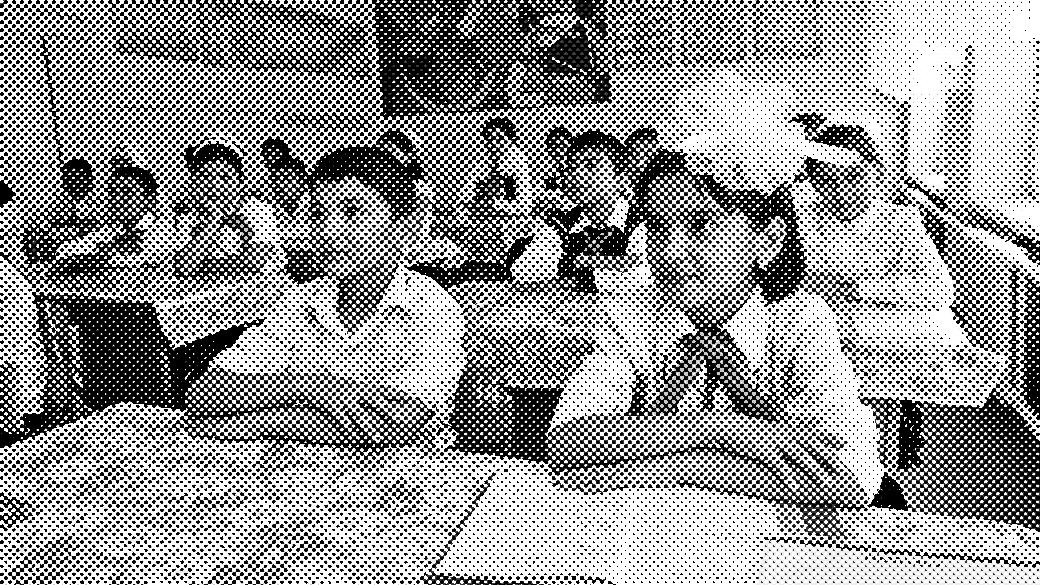
Education and conflict prevention

Schools are an excellent place to foster mutual trust, break down stereotypes, explain the value of diversity and broaden understanding of universal human rights.
Overview
Education equips children with the necessary skills to effectively participate in political, social and economic life. Teaching in and of minority languages and ensuring pupils have opportunities to learn the state or official language is particularly important, and the High Commissioner regularly reminds both government and minority representatives of both the right to education in and of minority languages and the responsibility of people belonging to minorities to master the state language.
Recommendations
The Hague Recommendations Regarding the Education Rights of National Minorities were published in October 2003.
Featured
Activities, news and other highlights
Resources
Official OSCE documents, publications and other manually selected resources

